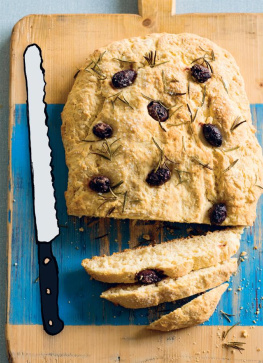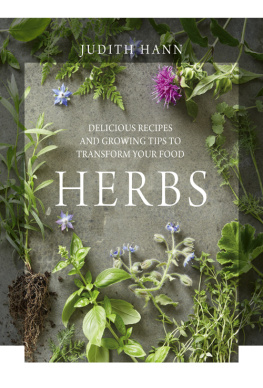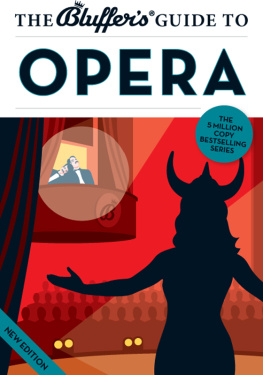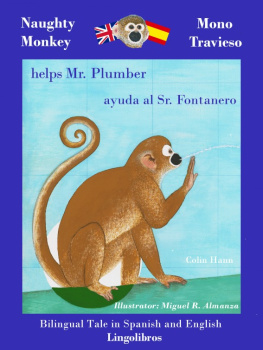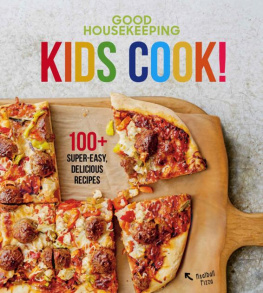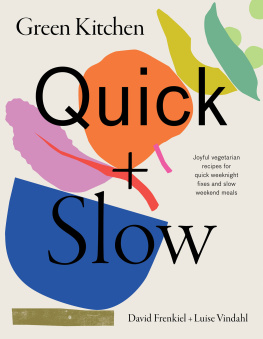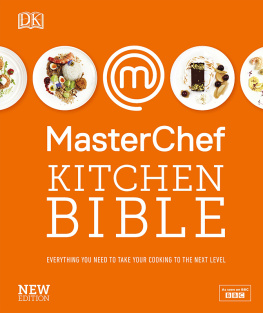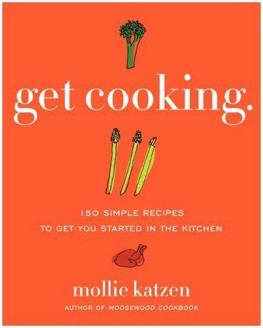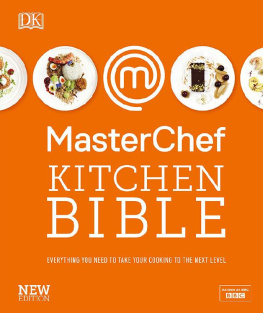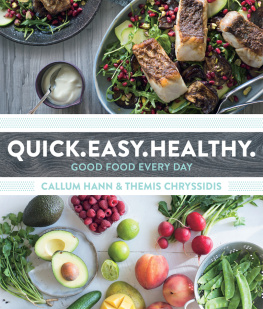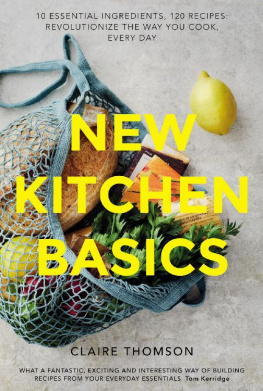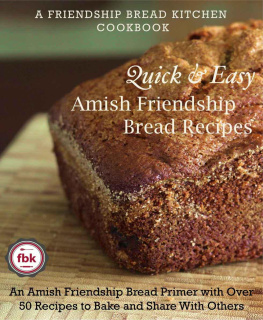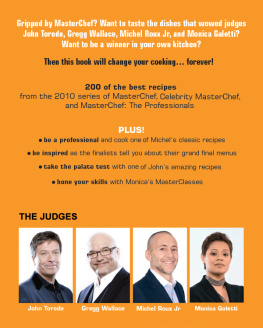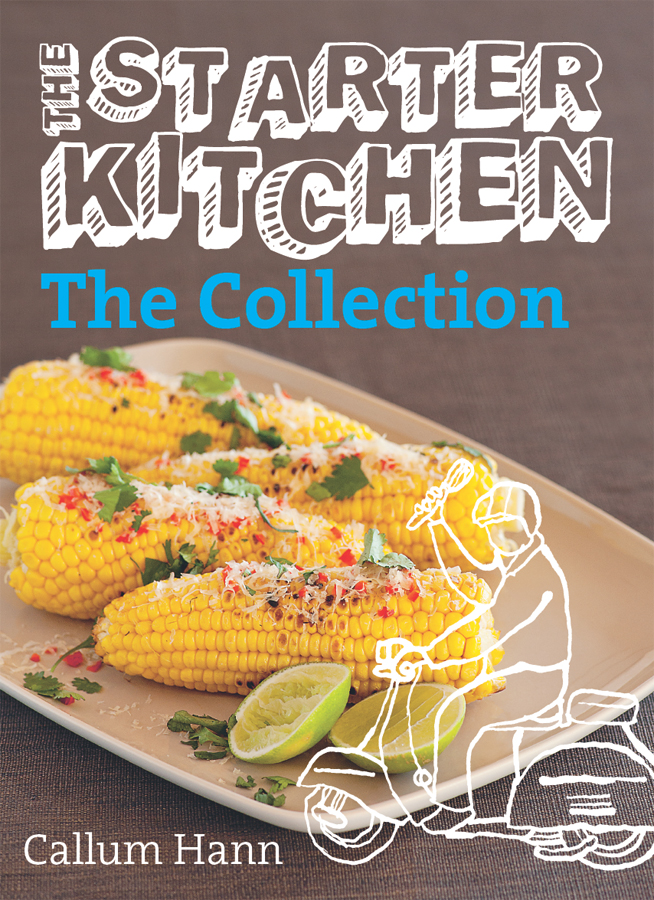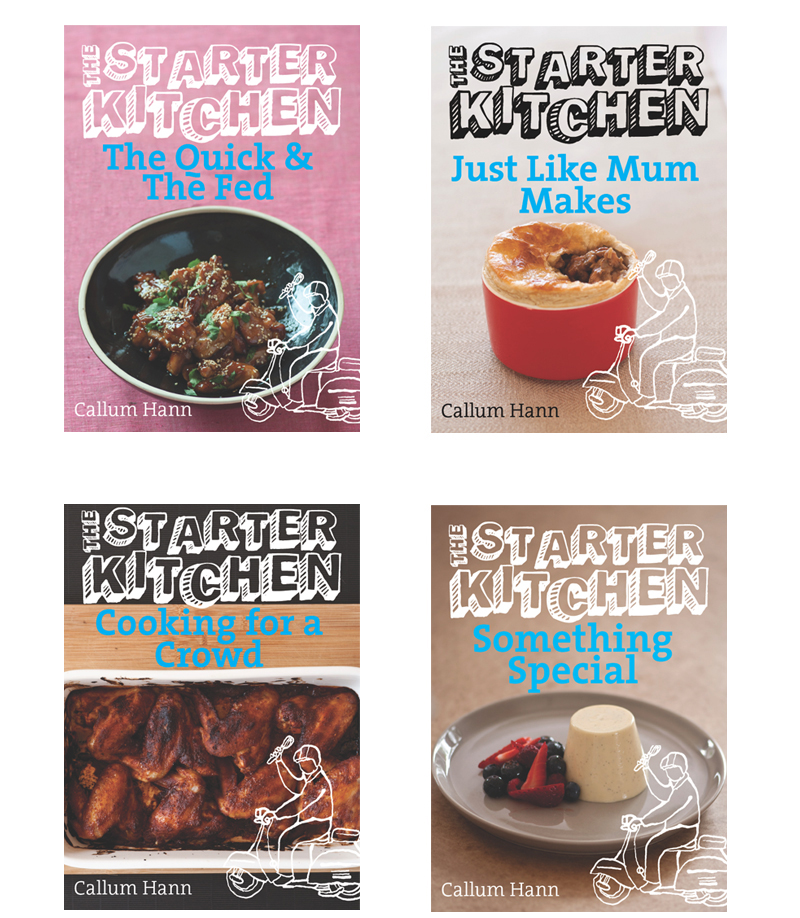Also Available
CONTENTS
INTRODUCTION
Everyone needs to eat three meals a day for the rest of their life. This is more or less how I got interested in cooking in the first place; I have always been a huge fan of eating. This might sound ridiculous, but I think I am addicted to food. Ask anyone who knows me Ill be planning dinner first thing in the morning, and thinking about tomorrows breakfast as soon as that dinner is finished. I believe everyone should learn not just how to cook, but learn how to love to cook. In fact, I think you already might. If you think you dont, maybe you do and just havent realised it yet. Cooking is truly one of the most valuable skills you can have. Lets assume you are twenty-one, like I am, and live to the ripe age of eighty-two. Assuming you do eat three meals a day, and you dont learn to cook, thats 66,795 bad experiences youll have by then. (Yes, I was a bit of a nerd at uni.)
Up until last year I was a student living in a share house. Im currently halfway through a mechanical engineering/sports science degree, but I decided that deferring uni to have a go on the reality television show MasterChef sounded like more fun as it turned out I was fortunate enough to spend eight months doing that. I now get to do what I love every day (which I was still doing before MasterChef, just with exams and pub crawls in between!).
I think it was somewhat inevitable I would end up doing something with food. I grew up in the Barossa Valley in South Australia, a region famous for its food and wine. My dad worked in a winery for 27 years and my mum owns two kitchen homeware stores. My sister, Kirsty, works in a food lab and her partner, Daniel, is a chef. This brings me to the two major foodie influences of my life, my dad and Daniel.
Dad taught me the basics and how to be creative with food. He passed away from cancer in 2006, and my best memories of him revolve around food. One of my favourites is when he brought home a pasta machine. He made too much and had fettuccine drying all over the house on the washing line, over the backs of chairs you get the idea.
The second major influence is Daniel. We have known each other for years, and he has always been like an older brother to me. He taught me all sorts of cooking techniques and lent me about half his bookshelf of cookbooks. He also got me a job as a kitchenhand, where I learnt how to shell prawns faster than the human eye can detect.
Most of us learn to first cook the dishes we grew up eating, and this was certainly true for me. Kirsty has been a vegetarian for most of her life, so I grew up with a significantly more vegetarian diet than most households. Theres not much room to be a fussy eater as a child when your diet consists largely of vegetables!
The first experience of spreading the food bug on to others was with my two housemates, Chloe and Josh. Joshs mum had cooked him just about every meal of his life up to the point he moved in, and Chloe, her mum is an excellent cook, but she enjoys being in the kitchen about as much as she enjoys being poked in the eye. It was in our share household that I started passing my knowledge onto these guys whether they liked it or not sometimes. I realised I loved sharing my love for food with others, and I suppose thats how this book eventually came about.
Some of the recipes in this book are the sort of food I grew up eating. Some of them I have picked up along the way from friends and colleagues. And a fair few have come about from the What do I have to use up in my fridge? game we all like to play. I think the recipes in this book will suit a whole range of budding cooks, from those who are just starting to learn the craft to those wanting to challenge themselves a bit more. I am not a writer, I am a cook, and therefore I have tried to write the recipes in the way that I would explain them to someone standing next to me, and in the way they have been explained to me at one time or another. Hopefully this makes them easy to understand.
If you remember one thing from this book, let it be: Taste what youre cooking. Not just at the end, but constantly as you are cooking. I watch a lot of people get the salt shaker and just go nuts; how do you know how much to add without tasting first? Tasting also increases your understanding of what each ingredient adds to the dish. It is this understanding that allows you to cook less to a recipe and more to your own taste. Remember, other than for baked goods, recipes are a guideline. You dont have to stress about following them to a tee. In fact, I would love you to change my recipes if it makes you like the dishes even more. If you dont like olives, dont add them! If youre a chilli freak, add ten instead of one. I want cooking for everybody to be fun and more importantly delicious.
I hope you enjoy cooking and eating the dishes in this book as much as I have and learn how to love to cook.
Callum Hann
RECIPES
The following chapters are my pride and joy. They contain the recipes that I have made for late-night dinners, quick lunches, special occasions and the odd hangover. I have made them over and over, but I dont think they ever turn out exactly the same, and I dont expect them to. If you dont have or like an ingredient, substitute it for something similar. There are no right or wrong answers with food, as long as you think it tastes good! Hopefully you use the recipes as a guide, and change them over time until they become your own. With any luck youll have as much fun making them as I have!
A lot of people tell me they dont cook because they dont have enough time, so here are some of my go-to recipes when I want something quick but despite the short cooking time doesnt compromise on flavour. The first time you cook a dish it will be the most expensive because you have to buy the fresh produce as well as the pantry goods. Usually once you have these pantry items they will last you a while and the total cost of the dish will work out to be cheaper than takeaway meals.
None of the recipes in this chapter should take you more than 25 minutes from opening the fridge to dinner on the table. Ive included a couple of super-quick desserts too because even when you are struggling for time its nice to have something sweet occasionally. They are also great if you have a last-minute dinner guest who you are trying to impress people will love you if you make them dessert. I think a lot of lifes problems could be solved with a dish such as the it has certainly got me out of the bad books a couple of times!
MY FAVOURITE STIR-FRY
PREPARATION TIME 10 MINUTES
COOKING TIME 15 MINUTES
SERVES 2 (WITH LEFTOVERS FOR LUNCH)
This was a great meal I had up my sleeve to make after a long day at uni (assuming you can call a six-hour day starting at 11:00 am long). I love that its cooked in a wok, which means the ingredients stay fresh and the washing-up is a piece of cake.
270 g (9 oz) Japanese soba noodles
500 g (1 lb 2 oz) chicken thigh fillets (3 large), diced into 2 cm ( inch) pieces
2 teaspoons Chinese five-spice
2 tablespoons vegetable oil
2 garlic cloves, thinly sliced


